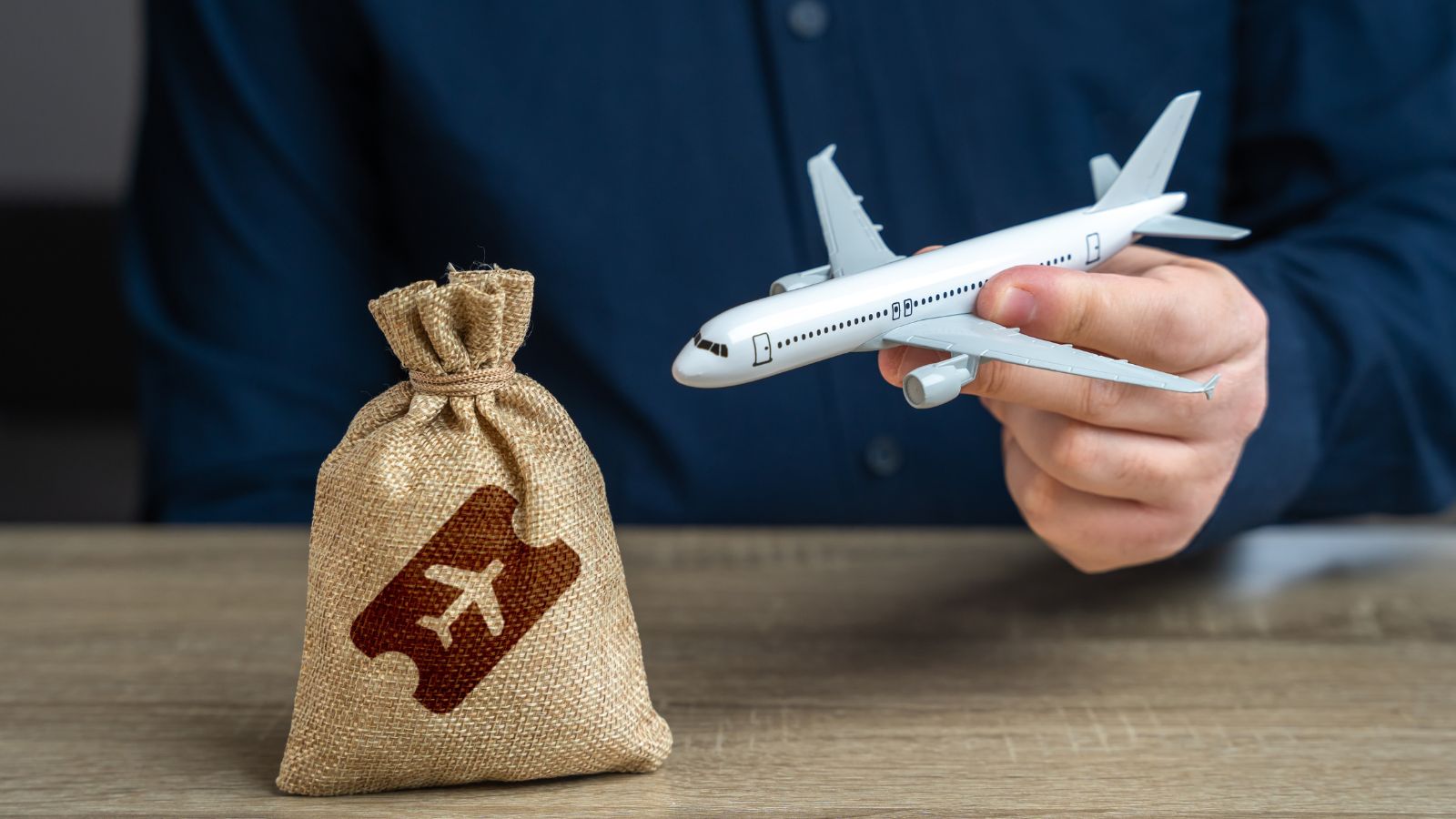Relocating to a new city or country can be an exciting chapter in life, but it can also come with unexpected financial burdens. While many people budget for the big expenses like hiring movers or renting a truck, the less obvious costs can quickly add up and take you by surprise. We look at 20 hidden costs of relocating that could wreak havoc on your budget:
Packing Supplies

Packing supplies might seem like a small expense, but between boxes, tape, bubble wrap and other protective materials, the costs can escalate quickly. Many people underestimate how much they’ll need, especially for fragile or bulky items.
Professional Packing Services

If you don’t have the time or energy to pack yourself, hiring professional packers may seem like a good option. However, this convenience comes at a high price. Depending on the volume of your belongings, professional packing services can add hundreds, if not thousands, to your moving budget.
Utility Disconnection and Connection Fees

When you move, you often have to pay fees to disconnect utilities like electricity, water and internet at your old place and reconnect them at your new home. These fees can vary by region, but they’re often unexpected costs that can easily add up.
Temporary Accommodation

If your new home isn’t ready when you arrive, or if you’re relocating for work but haven’t secured permanent housing yet, you may need to stay in a hotel or short-term rental. Temporary accommodations can be quite expensive, especially if the stay is longer than anticipated.
Cleaning Services

Most landlords or real estate contracts require you to leave your old home in pristine condition. Hiring a professional cleaning service is often necessary and the costs can range from $200 to $500 or more, depending on the size of the property.
Storage Fees

If there’s a gap between your move-out and move-in dates, you might need to store your belongings temporarily. Storage unit rentals, particularly climate-controlled ones, can be costly and often come with additional fees for access or insurance.
Pet Relocation

Moving with pets involves more than just packing their toys and bedding. Depending on the distance, you might need to pay for pet transportation services, boarding during the transition, or even specific relocation permits and vaccinations, especially if you’re moving internationally.
Vehicle Registration and Licensing

If you’re moving to a new state or country, you may have to pay for new vehicle registration, driver’s licenses and possibly emissions testing. These fees vary but can be substantial, particularly when added to other relocation costs.
Increased Insurance Costs

When you relocate, your car and home insurance rates may change depending on the region’s risk profile. Living in a flood-prone area or a city with high crime rates, for instance, can significantly increase your premiums. This is an often overlooked cost that can surprise many.
Lost or Damaged Items

Even with professional movers, items can get lost or damaged during the relocation process. While movers provide some level of insurance, it’s often minimal. Replacing or repairing damaged or missing items can become a costly affair if you don’t have additional coverage.
Cost of Living Adjustments

If you’re moving to a city with a higher cost of living, expect everything from groceries and gas to rent and entertainment to be more expensive. Without carefully calculating this difference, you may find yourself struggling to maintain the same quality of life post-move.
Home Repairs and Maintenance

It’s common to encounter unexpected repairs or maintenance needs once you move into your new home. Whether it’s fixing a leaky faucet or replacing appliances, these costs can come out of nowhere and add stress to your financial plan.
Childcare and Schooling

If you have children, the costs associated with finding new childcare or schooling can be considerable. Depending on where you move, school fees may differ and securing a place in a good daycare or private school can lead to additional, often unexpected, costs.
Lost Income During Transition

If your relocation process takes longer than expected, you might lose out on income. Time spent packing, traveling, or settling into your new home might lead to unpaid leave or reduced working hours, which could affect your overall earnings for the month.
Travel Expenses for the Move

If you’re moving a considerable distance, the cost of travel can add up. Flights, gas, food, and lodging while you’re on the road all need to be factored into your budget. Even if you’re driving your own car, fuel costs and wear-and-tear on the vehicle can be higher than anticipated.
Changing Health Insurance

If you’re moving to a different state or country, your current health insurance plan may not cover you in your new location. Transitioning to a new plan could lead to higher premiums, new deductibles, or even a gap in coverage, leaving you vulnerable to unexpected medical expenses.
Homeowners’ or Renters’ Association Fees

If you’re moving into a new neighborhood with a homeowners’ association (HOA) or into an apartment building with renters’ association fees, these costs can catch you off guard. These fees are typically mandatory and may cover amenities, maintenance, or neighborhood security.
Taxes

Depending on where you move, your tax obligations may change. Some states have higher income taxes, property taxes, or even taxes on personal belongings like cars. Moving to another country may also expose you to international tax laws and filing requirements, which can be costly if you’re unprepared.
Updating Personal Documents

Once you move, you’ll need to update personal documents such as your driver’s license, car registration, and possibly your voter registration. Some of these updates may require fees and time at government offices, adding both financial and logistical stress to your move.
Social Costs

Moving to a new place often means being far from family and friends, which can lead to unexpected travel expenses as you make trips back home for holidays, birthdays, or just to visit. These costs can add up over time and become a regular part of your post-move budget.
18 Reasons Why People Are Leaving Florida in Masses

Exploring factors that impact the desirability of living in Florida, this list delves into various challenges shaping residents’ experiences. From environmental concerns like rising sea levels to economic factors such as fluctuating job markets, these issues collectively contribute to a nuanced understanding of the state’s appeal.
18 Reasons Why People Are Leaving Florida in Masses
